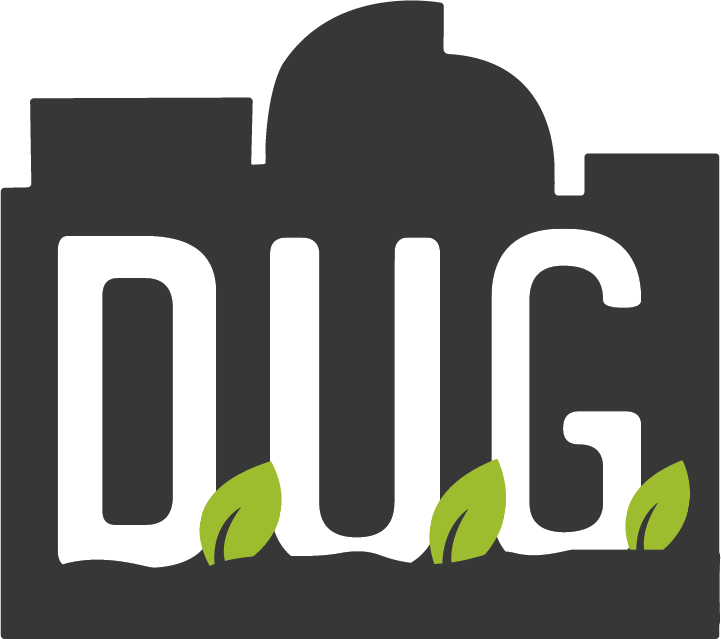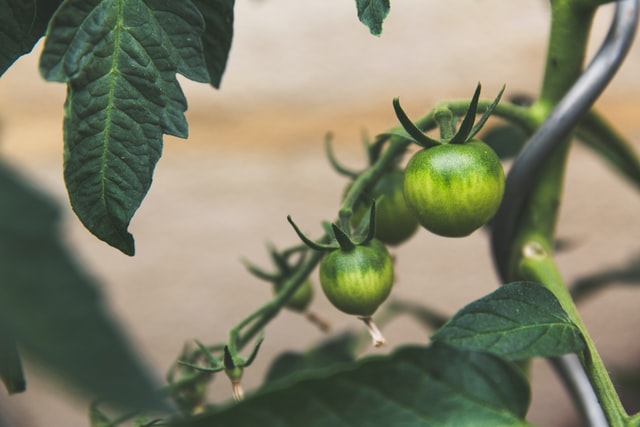written by Linda Appel Lipsius, DUG’s Executive Director
On the surface to many, gardening might appear to be a lovely, quaint pastime. After all, with grocery stores on (almost) every corner, who needs to grow their own food anymore?
Even if we have both the financial means and the access (neither of which is true for many Coloradans) to get all of our food, wrapped neatly in non-compostable packaging, grown using derivatives of neurotoxins and explosives, devoid of both flavor and nutrients, at supermarkets–should we?
No. We shouldn’t.
Every human should have the resources and skills to grow their own food. In soil. In a garden, on a rooftop, in a container. This simple, elemental act will reap exponential dividends.
Our current industrial food system has many consequences:
- Dislocation from where our food comes from, resulting in passive, disengaged consumption
- Fruits and vegetables that are both nutrient and flavor devoid
- A food system designed for our food to travel 1,000s of miles from farm to fork, requiring warehouses, coolers, and transport, contributing to greenhouse emissions
- Harvested produce that loses its nutritional value as it sits for days to weeks before getting eaten
- Chemical pesticides and fertilizers that are destroying ecosystems and harming farmworkers.
- Extractive farming that depletes farm the land’s ability to be productive and to heal
When we activate ourselves and our communities to grow their own food– to re-engage with the miracle that is our earth’s bounty– important lessons and truths reveal themselves:
- The wonders of nature: how can one tiny little seed produce 50 tomatoes or hundreds of beans or the spiciest of peppers?
- The critical importance of soil: that if it is healthy, thriving and full of beneficial microorganisms, crops (and the planet) will thrive
- The importance of biodiversity, pollinators and beneficial pests
- The mental and physical health benefits that come from digging in the soil (After a year + of the pandemic, I know I’ve learned that getting dirty on my knees with a fistful of dirt is the ultimate antidote to a day spent staring at a screen)
- The reconnection to our resources: when we grow our own food, we’re less inclined to waste it
Please learn more. Take action. Become an intentional eater and grow something you like to eat. See what an organically grown tomato or cucumber from your backyard can taste like. Today. Plant a seed in a pot, a garden, or a park. And start demanding that our industrial food system delivers food with the same integrity as what you grow in your backyard – or on your roof or in your containers – by supporting producers with integrity.
Through Denver Urban Gardens, gardening communities grow more than 600,000lb of food each year across 188 community gardens, all consumed on a neighborhood level, using organic & regenerate practices. We teach people to garden and provide the space and community support to succeed. Imagine how much hyper-locally produced, highly nutritious food we could be enjoying if we all started growing our own…
Where to start learning?
- Omnivore’s Dilemma by Michael Pollan
- The Organic Manifesto by Maria Rodale Rodale
- The Hidden Half of Nature by David R Montgomery & Anne Bikle
- Watch: Kiss the Ground, The Biggest Little Farm
- The Ron Finley Project
- Princeton Researcher Discovers that Home Gardening is Basically the Answer to Society’s Ills




